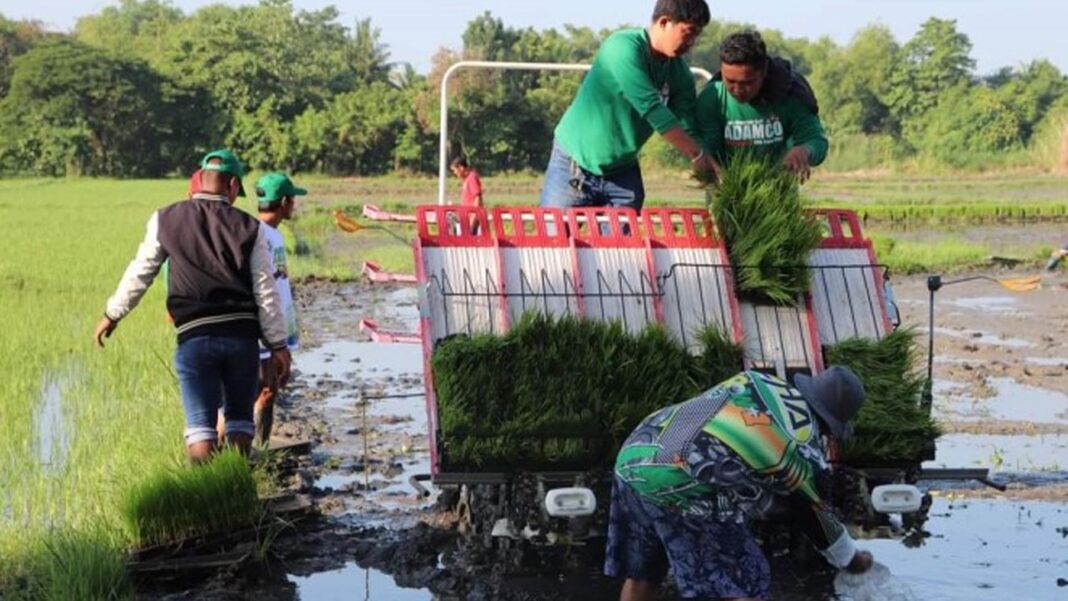The provincial government of Pangasinan is ramping up its efforts to support nearly 1,500 farmers under its corporate farming program, with plans to directly purchase their produce as part of a broader initiative to enhance agricultural income and sustainability.
Vice Governor Mark Ronald Lambino announced on Monday that the provincial government is exploring several support mechanisms following Governor Ramon Guico III’s directive to intensify assistance to farmers.
Lambino said one of the key strategies under consideration is the direct procurement of palay from farmers at rates higher than those offered by the National Food Authority (NFA).
“The governor mentioned that we should look at the possibility that the provincial government will buy rice directly from the farmers at a premium rate, or like I said, baseline is the price of the National Food Authority (NFA) plus a little premium to increase the sales, that is one,” the vice governor said.
The dry palay price range of NFA is from PHP19 to PHP23.
“The second is, we can buy directly to the farmers. The third, we can have a tripartite agreement with the NFA, where the NFA will buy the rice cooperatively,” he added, noting these moves address the current disparity between increased production and declining farmgate prices.
He said the program will start as a pilot under the Governor’s Office using available public affairs funds, with full institutionalization targeted by 2026 through local legislation and inclusion in the province’s annual investment program.
A dry run of test models is set for this year.
Lambino clarified that while existing support like seed and fertilizer subsidies continues for all farmers, priority assistance will be given to those enrolled in the corporate farming program to further encourage participation and drive productivity gains.
The corporate farming program initiative of the provincial government has increased yield production by 13.6 percent on average since it was piloted in the dry season cropping in 2022-2023, involving more land area and farmers.
From four cooperative associations or 101 farmers with 66.03 hectares of land, the program now has 54 associations or 1,448 farmers on board, expanding the covered land area to 1,272.48 hectares by the end of wet season cropping in 2024, Rody Castro, consultant for agriculture and in charge of corporate farming, said in an interview.
Corporate farming is a flagship program of the Guico administration, which aims to enhance food production and transform farming into a lucrative and sustainable economic enterprise through the so-called convergence approach among farmer cooperatives and associations, local government units, the Department of Agriculture and its attached agencies, different national government entities, private sector, and financial institutions.
It also aims to support the national governments’ food sufficiency thrust. (PNA)


